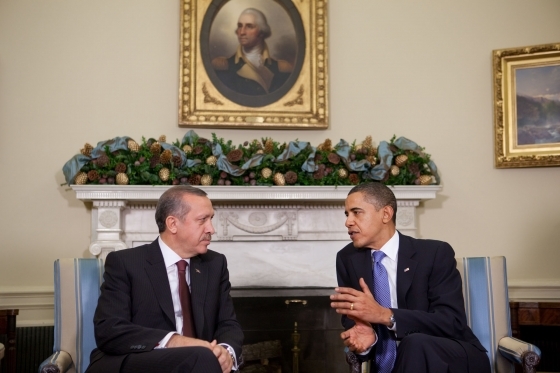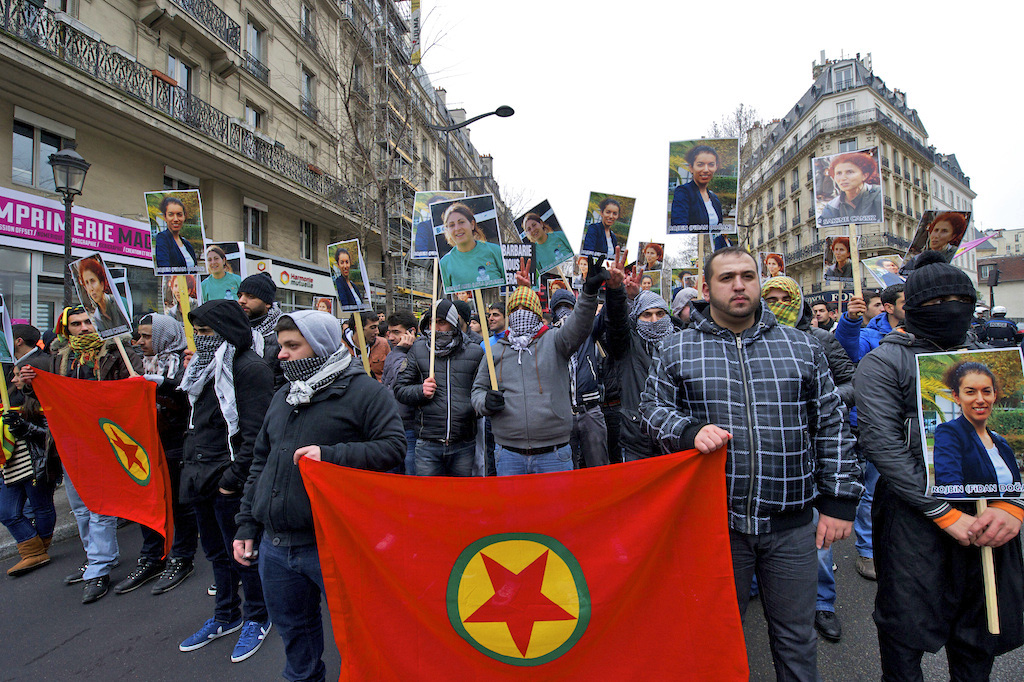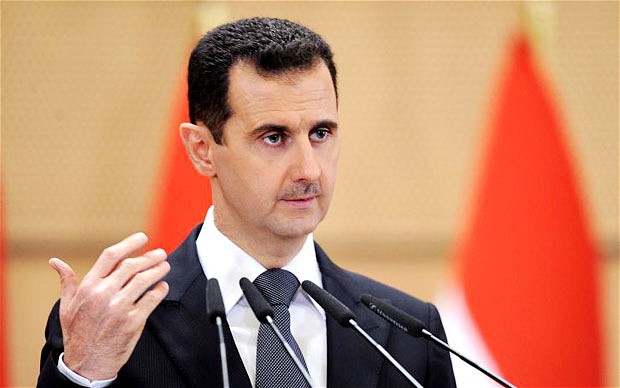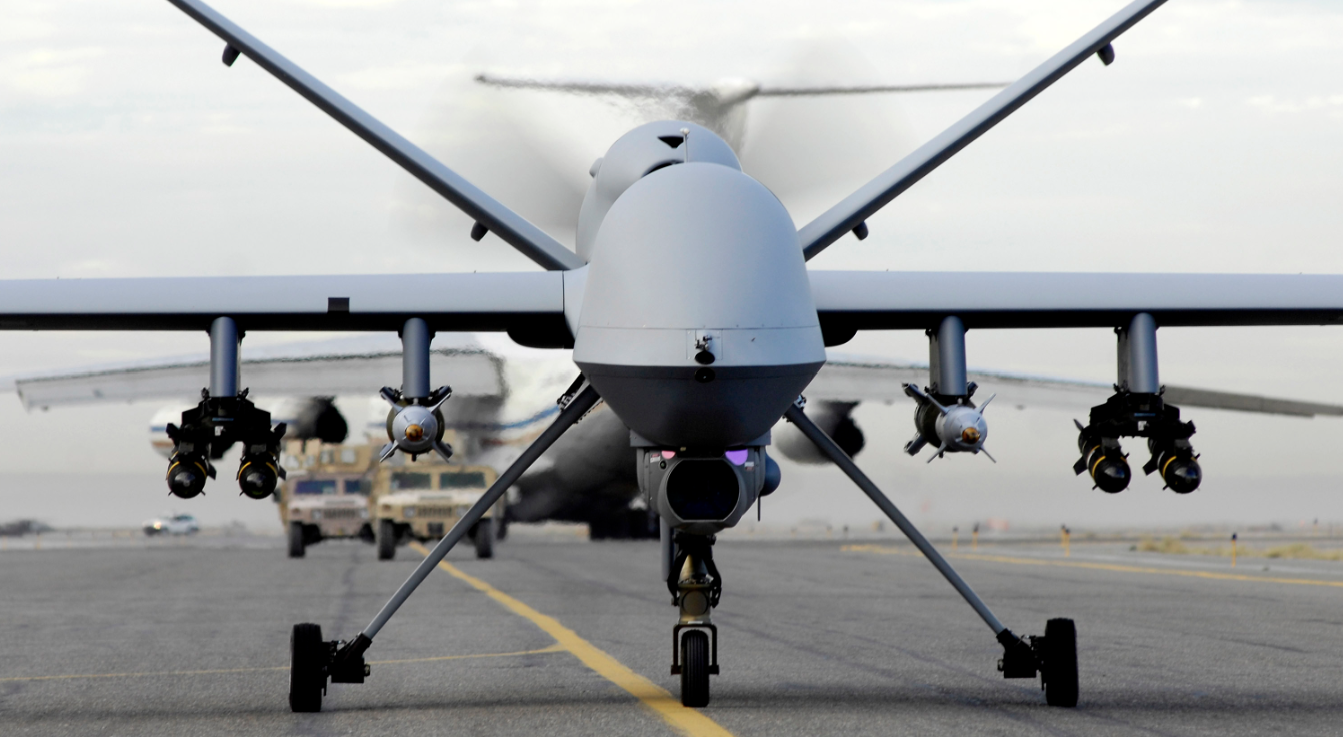The shift in Turkey’s Islamic State (IS) policy has complicated the geopolitics of the region, leaving the United States and its NATO allies perplexed. Turkey has changed from a reluctant onlooker to a fully participating member in the US-led bombing mission. All the while killing its 2013 peace deal with the Kurdistan Worker’s Party (PKK), a Kurdish-separatist-militant outfit engaged in guerrilla warfare with the Turkish state since 1984, by simultaneously attacking PKK targets in Iraq.
What changed?
This policy shift comes after the July 20 Suruc bombing that killed 32 young, left-wing activists who had launched a campaign to transport humanitarian relief supplies to Kobani, a Kurdish controlled city near the Turkish border in Syria. It also followed the exchange of fire between IS fighters and Turkish border guards; killing one. Credit should also be given to the months-long negotiations between the US and Turkey, which included U.S. Special Envoy to the Anti-ISIS Coalition, Gen. John Allen’s (ret.) visit on July 7.
Finally, after a phone call between Turkish President, Recep Tayyip Erdoğan, and the US President, Barack Obama, on July 22, the Turkish foreign ministry announced it would increase its participation in the US-led bombing mission against IS, as well as grant the coalition access to the strategically important Incirlik and Diyarbakir Airbases. The close location of these airbases to Syria will, ideally, make the operations more efficient.
What followed the Suruc bombing, were assassinations of Turkish security personnel by the PKK. These assassinations appear to be retaliations, not only for the Suruc bombing on pro-Kurdish activists, which the PKK blamed on IS, but also against the Turkish government. The PKK believes that the Turkish state has largely ignored the rise of IS in Turkey, and has backed jihadists against the Syrian regime, an allegation that the Turkish state has always denied. The attacks, coupled with political frustration due to the pro-Kurdish People’s Democratic Party’s (HDP) success in the recent elections, led the harsh-on-Kurds Erdogan administration to begin bombing PKK targets. In the past three weeks, the violence between the PKK and Turkish security forces has resulted in an estimated 20 deaths. This, and Turkey’s bombing campaign on PKK targets in northern Iraq, has essentially ended the two-year ceasefire between the Turkish state and the PKK.
The US in bewilderment
Even though the US lists the PKK as a terrorist group, and has publicly acknowledged Turkey’s right to defend itself, it has called on both the PKK and Turkey to end the violence and resume the peace process.
Why this bafflement?
Since the rise of IS, the PKK has played an important combat role against the terror group on several occasions. It successfully protected, along with other Kurdish militant forces, Mount Sinjar when IS attacked the area last year. Despite political differences, the PKK, the People’s Protection Units (YPG), and the Kurdistan Regional Government’s (KRG) Peshmerga fought side by side to counter IS fighters when the KRG was attacked.
The PKK also helped the Democratic Union Party (PYD), the armed wing of the YPG, set up armed militias in Syria after the Syrian state struck a deal with the PYD to mitigate Kurdish opposition in the wake of the Syrian revolution. The YPG, in particular, has been popular with Western media and governments, due to its effective ground-forces that captured strategic towns, like Kobani and Tell Abyad, from IS with the help of the Coalition’s air strikes. President Erdogan recently lashed out at the West for backing what he perceives as Kurdish “terrorist” groups, because of their relationship with the PKK.
Due to the PKK’s links to other effective Kurdish ground-forces, and its own accomplishments in the fight against IS, the US, and Turkey’s other NATO allies, find themselves in a confounding position while Turkey launches air-strikes against the PKK in Iraq. Germany has warned Turkey that the peace process with the PKK “should not grind to a halt,” otherwise “the already complicated situation would thereby be made more difficult.” The NATO Chief, Jens Stoltenberg, seconded Germany by saying the bombing campaign would jeopardize the peace negotiations and the mission against IS.
Despite the deal, Ankara and Washington disagree over who the armed drones and manned aircraft flown from the Incirlik airbase will assist during ground operations. This may be a reason why operations from the Incirlik airbase have not yet begun. Ankara refuses to allow any assistance for the PYD and the YPG, as it sees both groups as PKK allies.
Critics on Turkey’s new policy
Critics in the Turkish and international media believe Turkey’s decision to cooperate in the Coalition’s mission is an excuse and cover for the airstrikes on the PKK. To prove their claim, they compare the number of Turkish sorties against IS and PKK targets, which stand at 3 to 185, respectively.
Many left-wing media commentators believe Turkey’s recent military actions may be a part of President Erdogan’s plan to win back the nationalist voters that he lost in the last election. Which subsequently resulted in his Justice and Development Party (AKP) losing a majority. In case the talks fail, and a new election is held, the nationalist vote could give Erdogan back the power that his party lost, and change the tone of recent coalition talks in the Turkish government.
Will Turkey’s NATO allies continue to be bewildered by Turkey’s actions? Probably. It can be said with certainty however, that this policy has potential dangers for Turkey domestically, as it makes itself susceptible to two militant groups at the same time; the Islamic State and the PKK.






